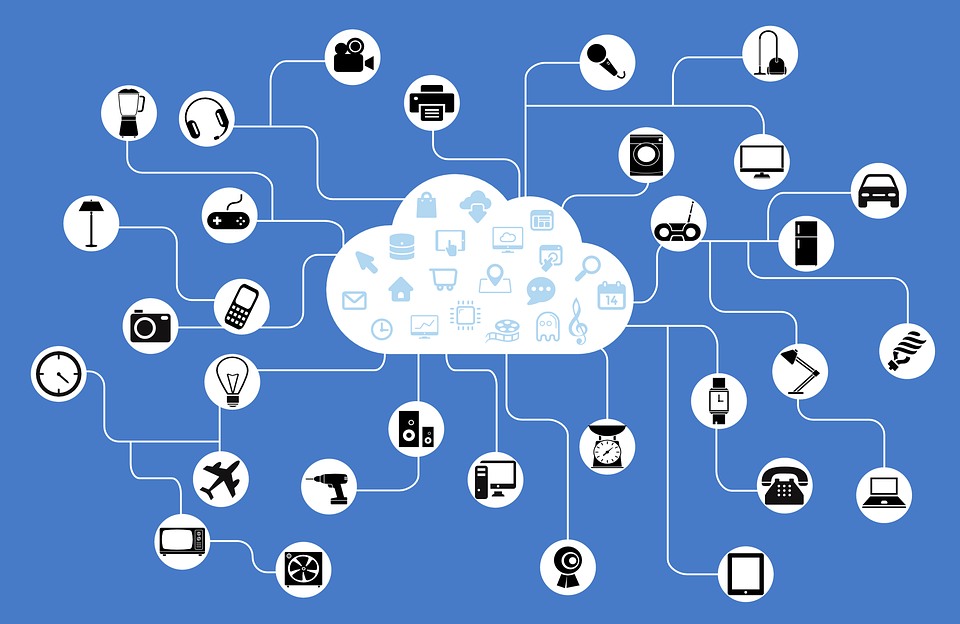January 25th, 2016.
SMEs and the IoT: The Future of Small Businesses
From remote working to cloud data storage, the business world is always changing and adapting, bringing in new technology and more-efficient ways of doing things. And the latest trend that is set to affect small to medium sized businesses is the Internet of Things.
What is the Internet of Things?
The ‘Internet of Things’ (IoT) is the term given to describe a network of physical objects which become connected across a network using embedded electronic sensors and software. This allows these inanimate objects to collect data and exchange information with one another to inform greater efficiency and quality of life.
According to Vernon Turner of IDC, the worldwide IoT industry will grow from £430 billion at the end of 2014 to £1.12 trillion in 2020. This is likely to be influenced by the increasing number (currently 1.5 billion) of smartphones, tablets and computers sold each year.
But with another 200 billion devices holding the possibility of becoming connected as part of the IoT, the same firm believes the number of connected devices could rise to 32 billion in just 5 short years. Whereas IT giant Cisco, has predicted a figure of more than 50 billion by the same date.

How Will the IoT Affect Small Businesses?
We’ve already seen the start of the IoT with Apple Watches now connecting your wrist with your smartphone or apps controlling the utility settings in your home. But what does all of this mean for businesses?
The IoT would require investment; however, if spent wisely, this money could result in improved productivity and a greater volume, higher-quality output for small businesses. For example, sensors could report machine performance results and automatically adjust to boost efficiency or even notify a technician that it will require a new part prior to the existing one wearing out.
Another practical example is the recent introduction of automated crash response in luxury vehicles. This means, should the car crash, the accident is automatically reported to the correct authorities and the car’s intercom is connected with a control centre where a respondent can speak to the passengers and receive verbal confirmation of their safety situation.
Further benefits could include:
- Lower fuel consumption
- Responsive change
- A more equal industry playing field
- Industry insights
- Proven user activity insights
How Could Your Business Utilise the IoT?
Not all businesses can afford network sensors; however, they don’t need to invest millions to see the benefits of the technology. Small businesses may be able to catch a ride on the coattails of large multinational conglomerates who are looking for assistance from those who deal on the ‘shop floor’ on a day-to-day basis. Opportunities for small businesses are likely to grow in parallel with the IoT’s popularity.
Alternatively, innovative recycling may help to cut costs and allow small businesses to compete with big brands.
For example, Valarm, a monitoring system start-up, found that old and unwanted smartphones can be collected at very little to no cost and adapted to act as sensors. These mobile sensors were then used at a vineyard to detect when the temperature falls below freezing and triggers a protection programme to care for the grapes. This cost a tenth of the price of purchasing a brand new sensory network and therefore, allowed the small vineyard to compete with larger, more established wineries.
The Internet of Things in business may be a while away for many small businesses, but it is always best to stay ahead of the trend and keep up-to-date with the latest technology. If you’d like to invest in IoT technology for your business and require commercial finance, we can help. Learn more about our financial broker services here.





